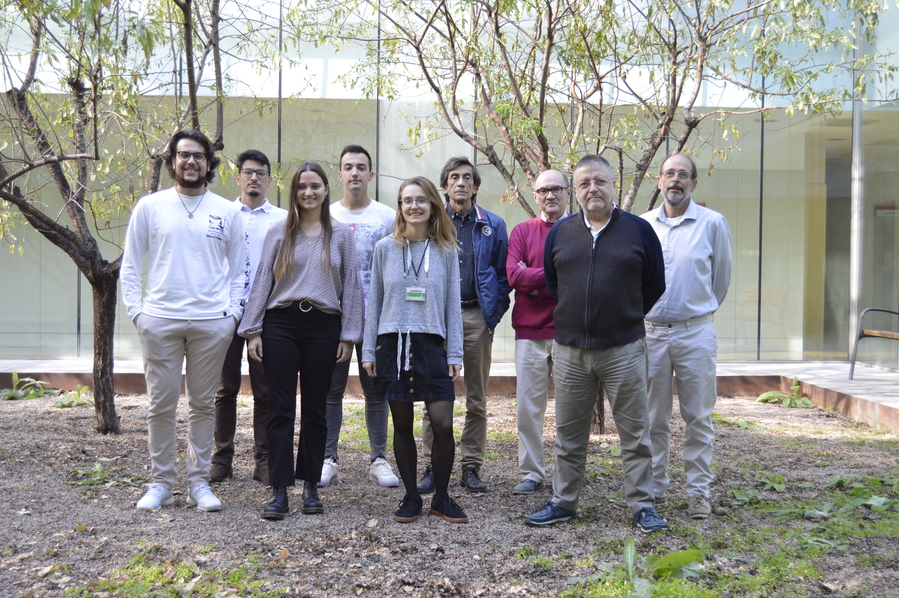Molecular Biology
Research Lines
Mycoplasmas are the self-replicating, autonomously living organisms with the smallest and simplest genomes, which is why they have become a very good model of a minimal cell. Despite this apparent simplicity, they are extremely efficient at infecting a wide range of vertebrate species, including humans. They are capable of generating very effective countermeasures to neutralize the immune system and are carriers of virulence factors in the form of protein mega-structures with great functional complexity. Our group investigates the structure-function relationships of mycoplasma virulence factors, in particular the terminal organelles of Mycoplasma genitalium and Mycoplasma pneumoniae, using electron cryomicroscopy, omics methodologies and the phenotypic analysis of strains modified by genome engineering. At the same time, the genomic simplicity of mycoplasmas also allows us to use these microorganisms for the development of microbial chassis or pills aimed at the production of more efficient vaccines and for the release of drugs in specific tissues.
Our main research lines are:
- Study of the structure-function relationships of mycoplasma virulence factors.
- Mycoplasmas as minimal cells for the development of microbial chassis. Use of chassis for obtaining vaccines and drug administration.
- Characterization of the mechanisms and proteins involved in lipid uptake by mycoplasmas.
- Development of new methodologies for the engineering of bacterial genomes.
- Bioinformatic analysis of “moonlighting” proteins.
- Analysis by omic methodologies of host-pathogen interrelationships in 2D and 3D culture models.
- Obtaining new antimicrobial drugs.
Information of interest
Funding
Additional information



